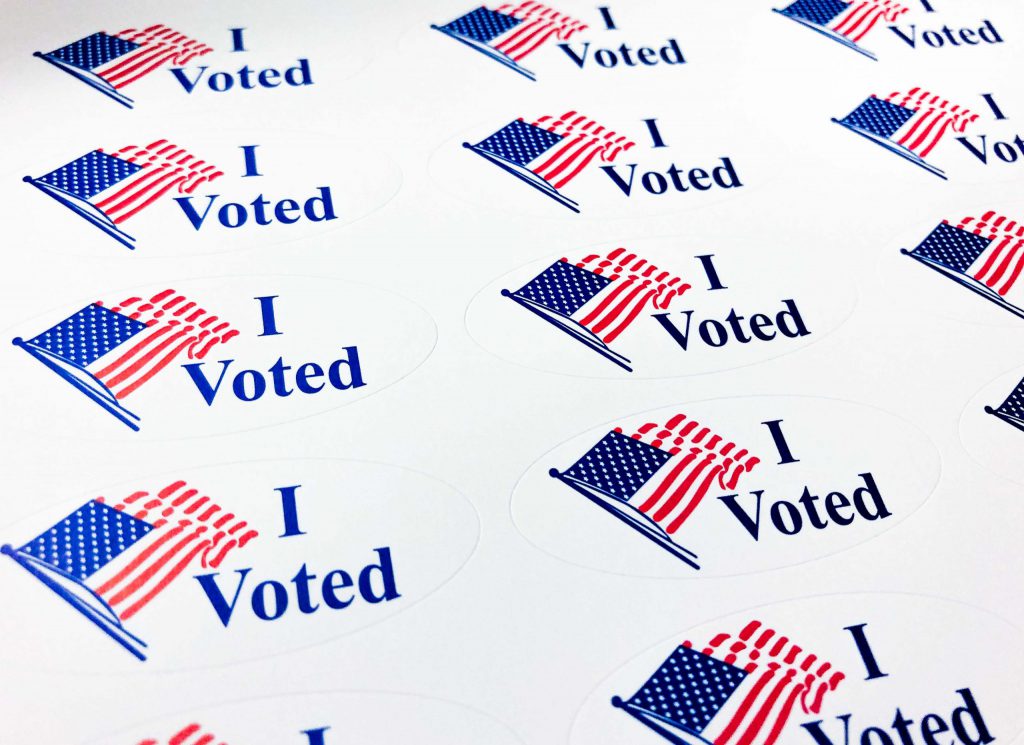As finals week grows closer and student stress begins to rise, the associate provost for academic success wants to make students aware of existing and new resources to help them get through finals and beyond.
Finals week comes with a lot of stress for students. A study by TimelyCare found that finals and midterms were the top source of stress for 31% of U.S. students.
Helen Tate, associate provost for academic success, is working to help students become more aware of resources on campus like the Booth Wellness Center, the Academic Performance Center and the Financial Aid Office.
“One of the things we’re seeing in higher education is a lot more students who have mental health, stress, anxiety struggles, and it’s very real,” Tate said. “We’ve seen so many more students needing help in this area. ‘How can we help you with stress, anxiety and mental wellness?’ So I think that’s an area where we’re always looking at and wanting to help students.”
During the 2020-21 school year, more than 60% of college students met the criteria for at least one mental health struggle, according to a study by Healthy Minds. Campuses across the nation are trying to find ways to help students manage their mental health.
A resource that Tate stressed for students dealing with mental health struggles was the Utah Tech Booth Wellness Center, which provides mental health resources for students. Some of the resources they provide include:
- Medical health services
- Individual and group thereapy
- Wellness nights
Along with the resources for students dealing with immediate issues, the university is also focused on helping more students leave Utah Tech with their diplomas.
Utah Tech’s graduation rate, hovering around 30%, is a percentage Tate would like to see rise in the future.
“We want you to [graduate],” Tate said. “I’ve actually heard rumors that ‘Oh, they want to keep us here so they can have more tuition money,’ but we want you to finish. We know the longer it takes you to finish, the more likely you are to just give up.”
To help students make it to graduation, the university is beginning to implement new tools for students to use, along with improving existing resources like degree works. Degree works provides students with a checklist of required classes to graduate with their degree, but it does not provide feedback.
One new resource the university is preparing to implement is Smart Plan, a program that uses artificial intelligence to help students plan for future semesters.
“We’ve purchased a software called Smart Plan, and it uses AI and the institution’s data work, kind of like how Google Maps works for your navigation, except it’s for your degree plan,” Tate said. “It automatically updates based on your plan.”
While there is no set time when the program will become available, it is being prepared for students to use.
The new program would work alongside both degree works and registration in myUT to help students make it to graduation more efficiently.
Another resource Tate says the university is beginning to implement is the introduction of AI tutoring agents. The AI would be programmed with course material for each class to help students who are not able to make it to in-person tutoring or are taking a course that does not have a tutor. Similar to Smart Plan, there is no set date for when it will become available.
“We really want students to learn that AI is out there and it may be helping them write papers, but if you’re going to be effective in your jobs, you have to know how to use it well,” Tate said.


